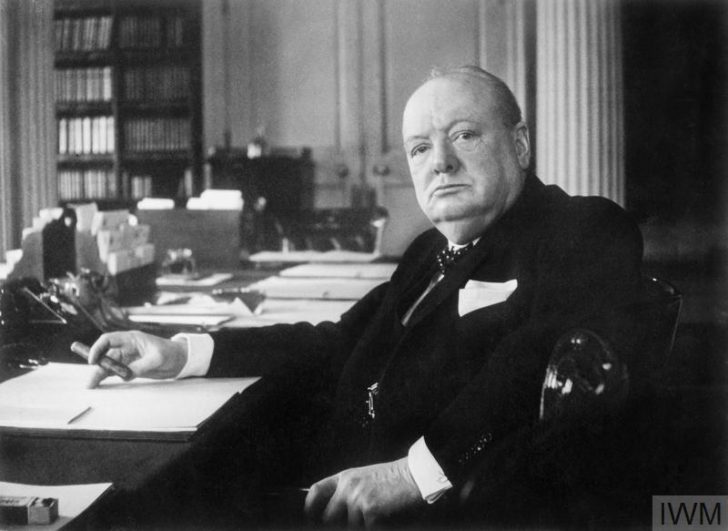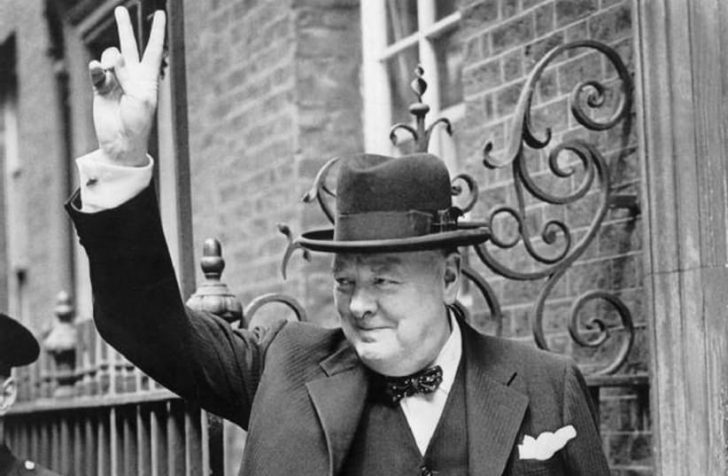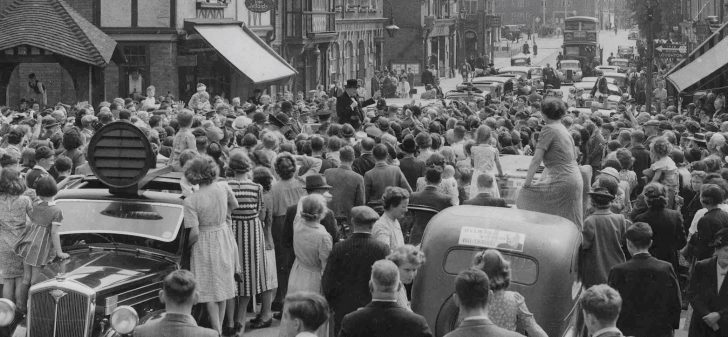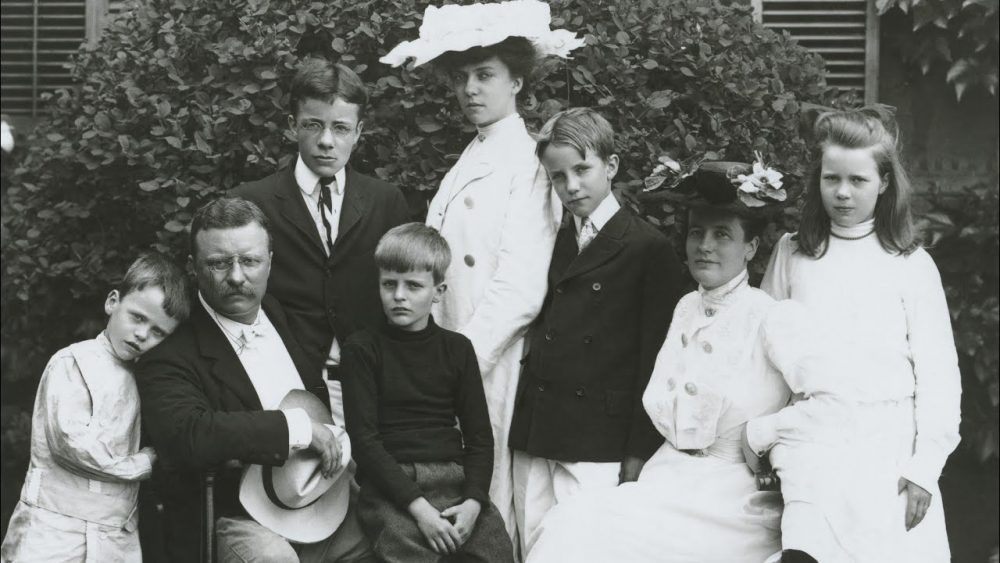On May 7, 1945, Nazi Germany surrendered, marking the end of a horrific and grueling World War II. Sir Winston Churchill, the man at the helm of Britain's victory, basked in global adoration. Yet, just a few weeks later, on July 26, Churchill faced a staggering defeat in the elections.
How did this titan of British politics, the embodiment of British resilience, end up losing his prime ministerial seat right after leading his nation to victory? It is a story that intertwines the ironies of politics, the shifts in public sentiment, and the winds of change in post-war Britain.
Churchill: The Lion That Roared

The Talks / The landslide defeat of Churchill as a wildly popular politician in the history of the British Empire continues to shock the world even today.
To understand Churchill's defeat, let’s rewind a bit. Born in 1874 into an aristocratic family, Winston Churchill was a man of remarkable talents and equally remarkable flaws.
He was a soldier, a journalist, and a politician, with a career marked by dramatic ups and downs. However, he switched political parties and faced numerous defeats. Yet, he climbed the ladders of power with a tenacity and eloquence that were hard to ignore. But when WWII broke out, Churchill’s moment had arrived. He became Britain's Prime Minister in 1940, facing a nation under siege, with Nazi Germany at its peak of power.
His leadership during WWII was nothing short of legendary. His speeches stirred the nation, his decisions, while sometimes debated, were decisive, and his resolve unbreakable. He was a symbol of British resistance, the man who had stood up to Hitler. By the end of the war, Churchill was not just a British hero. He was a global icon.
The Winds of Change That Shook the World

Elle / Churchill's rise to fame as a politician was not a straight path. He was often seen as controversial, his decisions and speeches sometimes stirring admiration. At other times, he would draw deep criticism.
So, how did this supremo politician of the day lose in the 1945 elections? The answer lies in understanding the mood of post-war Britain. The war had transformed British society. There was a strong desire for change and a better future, especially among the working class who had borne the brunt of the war's hardships. People wanted a new Britain, one that offered them security and prosperity.
Labour Party promised radical reforms: A welfare state, nationalized industries, and social security. In contrast, Churchill, though a war hero, was seen as a figure of the old guard - someone who was more associated with imperialism and the status quo. The Labour Party's manifesto resonated with a populace weary of war and dreaming of a brighter, more equitable future.
The Irony of Victory
Churchill's 1945 campaign failed to address these domestic concerns effectively. He focused more on his wartime achievements and the dangers of socialism, famously suggesting that Labour would need to fall back on some form of a "Gestapo" to implement their policies. This hyperbole backfired. The British public, having just fought a war against dictatorship, did not take kindly to these implications.

Getty / History tells us that Sir Churchill was more dwelling on his wartime achievements. And the British populace was looking for radical reforms after WWII.
To make matters worse, Churchill’s leadership style, perfect for wartime, seemed out of place in peacetime. His authoritarian demeanor, once a source of comfort, now seemed overly domineering for a nation yearning for democratic reform and social progress.
The Shock of the New
On July 26, 1945, the results came in. The Labour Party won a landslide victory, securing 393 seats to the Conservatives' 197. It was a democratic shockwave. Clement Attlee, a man who lacked Churchill's oratory flair but possessed a quiet competence, became the new Prime Minister.
His government went on to implement some of the most significant reforms in British history, including the creation of the National Health Service (NHS).




